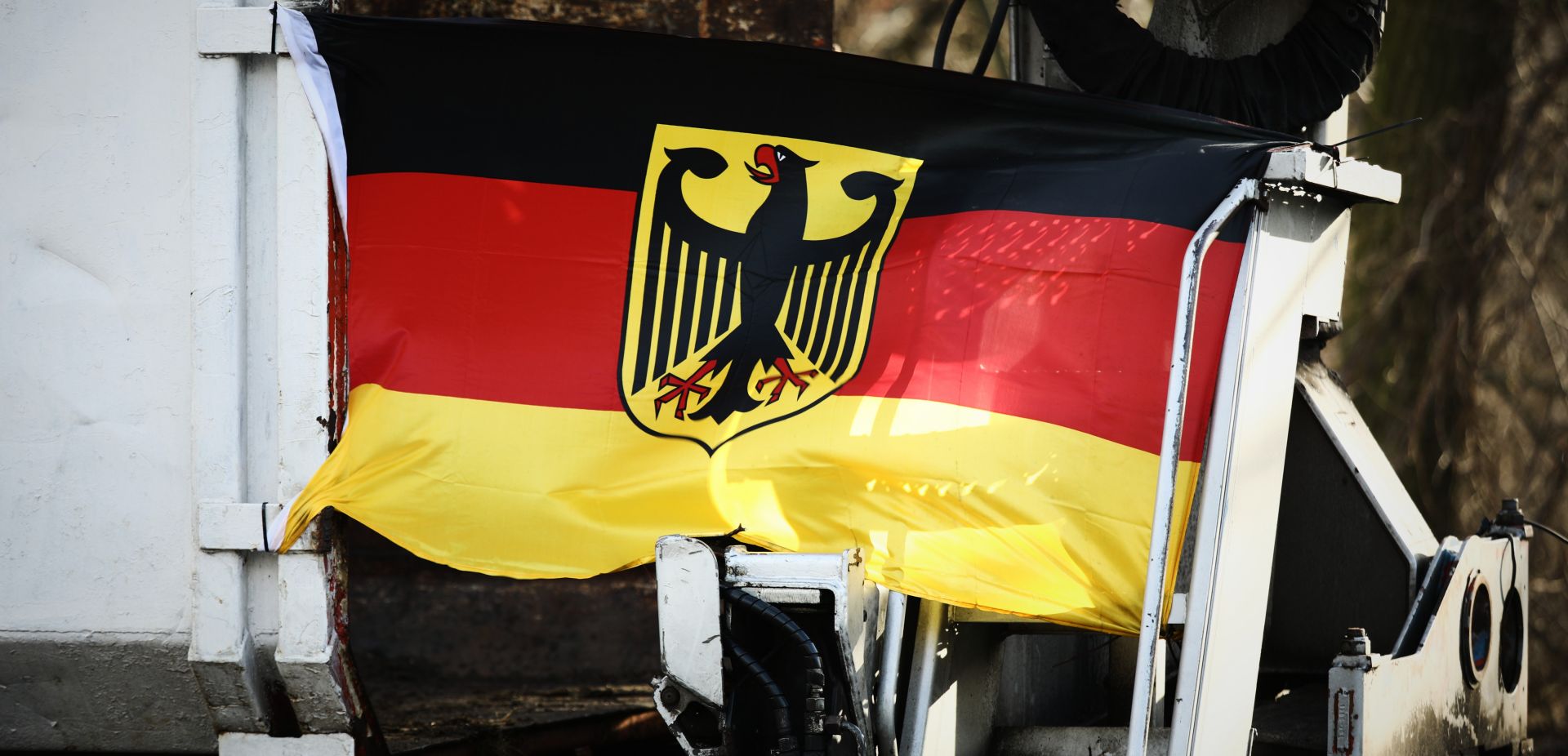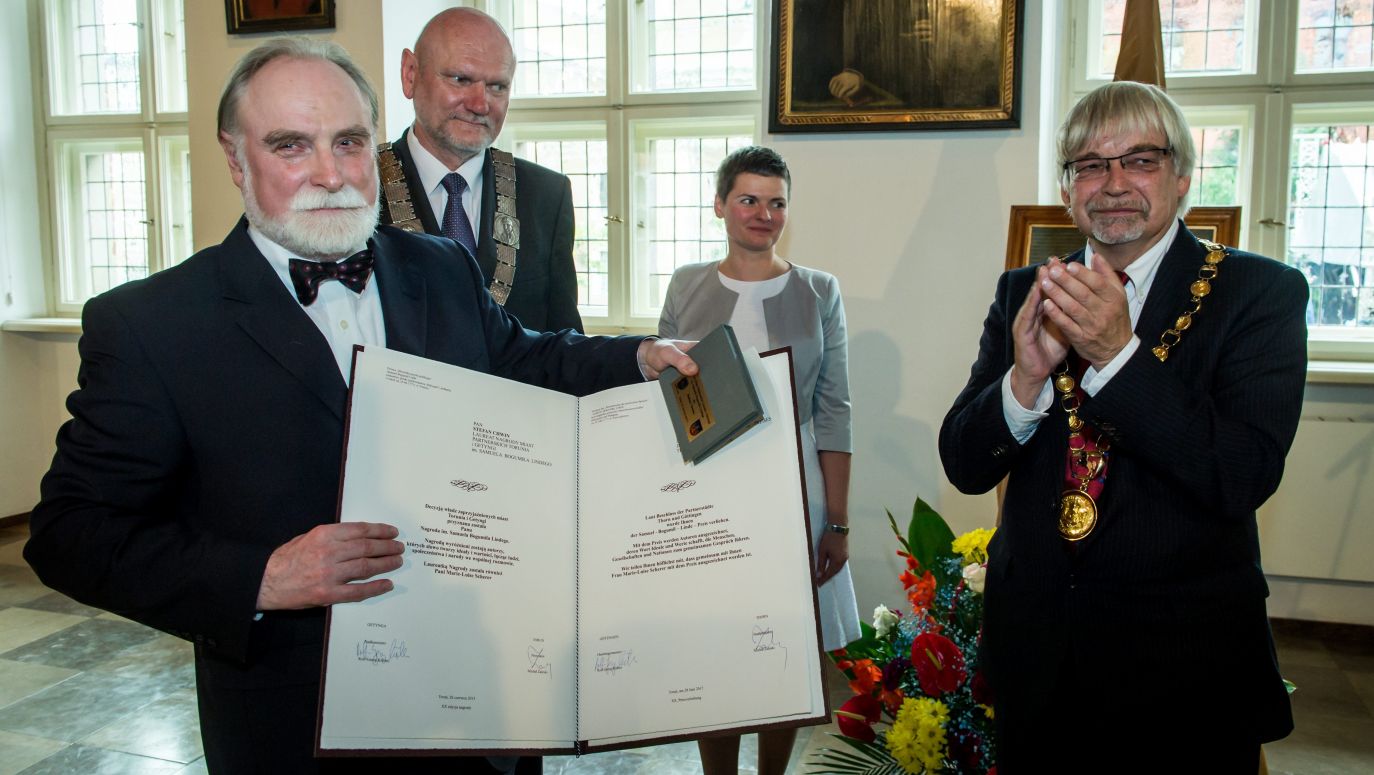So does Wroński really believe that Poland did not deserve belonging to the EU and the civilised west and that exclusive club membership was a consequence of the wrongs inflicted by the Third Reich? Does he believe that the Germans could in this way could settle their accounts and that the Poles ought to be grateful? You could interpret his words in this way. If this is what he meant then this naïve servile relationship with our neighbours is outright compromise.
 SIGN UP TO OUR PAGE
SIGN UP TO OUR PAGE 
Germany supported Poland’s entry into the EU not because of guilt over 1939-45, nor from altruism. It was simply in their interests. Poland, although a large market, is necessary for Germany in the EU, and to profit from this.
As to the motivation of German politicians in integrating the “Old Continent”, we can see in the European negotiations how they fought for the privileges of integration of old East German (GDR) areas. They did not consider the countries of the east, including Poland, at all. So they were devastated economically by the GDR style-socialist.
The camps that Chwin and Wroński are in represent an idealised vision of Germany. Reach for the book by Samuel Salzborn, published by the Pilecki Institute last year “Collective Innocence. Expulsion of the Shoah in German memory”. The title itself speaks volumes.
The author is a German political scientist. Since 2020 he has been employed in the Berlin province as advisor on antisemitic affairs.
Salzborn, relying on data from multiple sources postulates, that German exculpation and regret about the crimes of the Third Reich are but a fiction. Only a handful of thinkers tackled the painful experience of the Nazi past. They did not have any punch within German society. But in mass culture, and in popular culture especially, there is a climate of self-victimisation, portraying the German nation as a nation also equally damaged by the second world war. This is the reason why the matter of the German expellees figures in German public debate.
We should agree with about Chwin’s observations, abstracting from what Salzborn states. He is right when he says that “today’s Germans, who are to pay us, are absolutely the opposite of the Germans of the Third Reich”.


 SIGN UP TO OUR PAGE
SIGN UP TO OUR PAGE 





